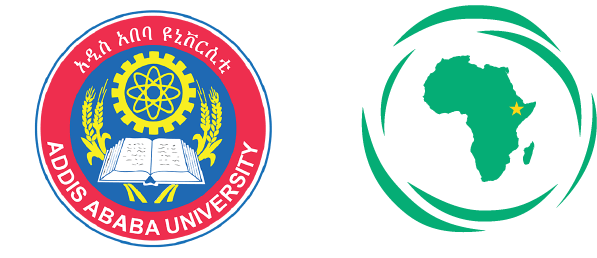Science is a major tool that has made the world a better as well as a worse place to live in. As someone who believes in the
scientific method, I am an advocate for science. Yet, I also know that, as a tool, science can be deployed to preserve or destroy. When used to preserve, the power of science is transformative. But, even in the context of its use for good, the limits of science are glaring.
First, there are things science cannot do because it does not understand the questions or the answers. This requires humility and transparency from both the scientific community and the public that supports science. Second, there are things that science cannot do because the knowledge and technologies have to be developed or adapted. This requires patience and diligence. Third, science does not often speak the language of equity. This requires translation and sharing.
In the COVID-19 era, it does deceptively appear that ‘all countries’ are equal. Seemingly simple questions, for example, whether the public should wear face coverings, remain controversial. Still, we do not have clear evidence of effective treatments except for some glimmer of hope from remdesivir and convalescent plasma therapy. Simple and reliable antibody tests have proven more difficult to produce than anticipated. Vaccines remain a major challenge.
Nevertheless, we must not be deceived by these apparent limitations of science to address COVID-19 in both science-advanced and science-less advanced countries. Countries advanced in science will develop the diagnostics, treatments and vaccines soon. What are these science-advanced countries going to do when the solutions come?
I believe science, and scientists more broadly, have responsibility that goes beyond the discovery of solutions. In the context of diseases with global impact, science has to advocate for the solutions and the technologies to be shared globally, irrespective of resources.
Am I optimistic that the ‘sharing’ will happen? While there are structural challenges, I am optimistic that scientists understand the need, and will use their ingenuity to find a way to share solutions and transfer technology. Whether this sharing happens or not, African countries have to make scientific advancement a top priority. This rests primarily with politicians and leaders of universities. Frameworks and declarations are important but are not sufficient. Countries should work with an overwhelming speed and resourcefulness to make genuine advancement in science a reality.

